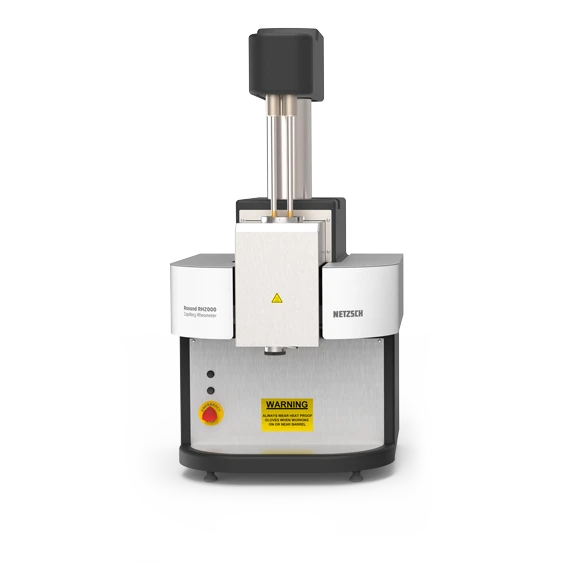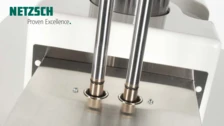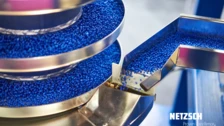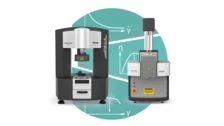Advanced Bench top capillary rheometer for research to QC testing
Wide range of shear rates for correlation with real material processing conditions, in one compact system, meeting most test requirements encountered in capillary rheometry. Combining many advanced features associated with larger floor-standing models, the Rosand RH2000 system can be configured for research measurements through to Quality Control applications.

Request a Quote
Technical Data
Temperature range
Ambient to 500°C (high temperature option)
5°C to 300°C (low temperature cooling coil option)
Maximum speed
1200mm/min (high speed option)
Maximum force
20kN (option)
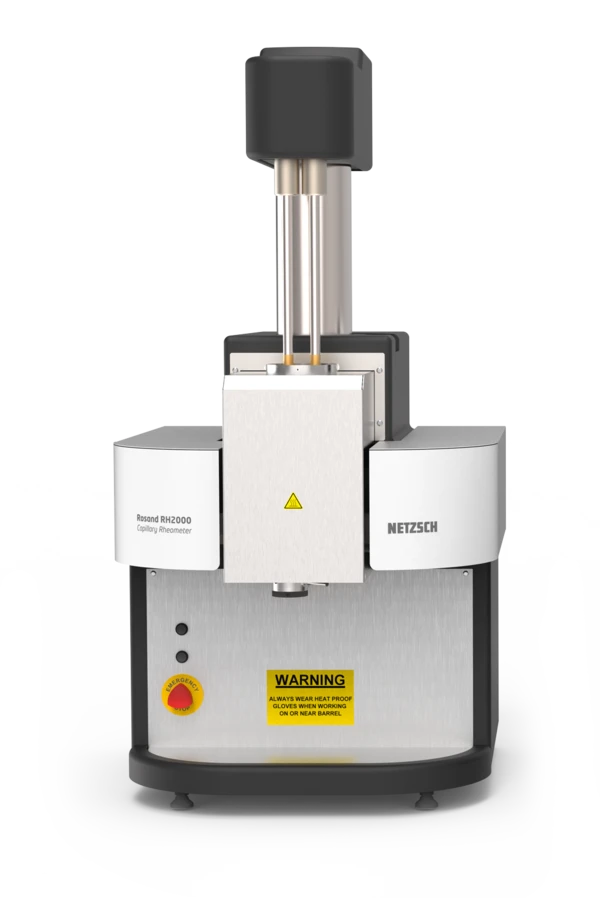
Number of bores:
Single bore , twin bores
Frame stiffness:
100kN
Dynamic range in speed:
200,000:1 (400,000:1 with high speed option)
Speed uncertainty:
<0.1%
Temperature control range:
<±0.1°C
Bore diameter:
15mm (standard) 9.5mm; 12mm; 19mm; 24mm (bore options)
Barrel bore length:
250mm
Barrel material:
Nitrided steel (standard). Hastelloy; Stainless Steel (barrel options)
Pressure transducer ranges:
30,000psi; 15,000psi; 10,000psi; 5,000psi; 3,000psi; 1,500psi; 1000psi; 500psi; 250psi;
Dies:
Tungsten carbide: precision ±5µm; Hastelloy (optional)
Die diameter:
0.5mm to 2mm (in 0.5mm increments) and 3mm as standard. (Other diameters, including fine bore dies, available on special order)
Atmospheric control:
Nitrogen purge for dry, inert test conditions (option)
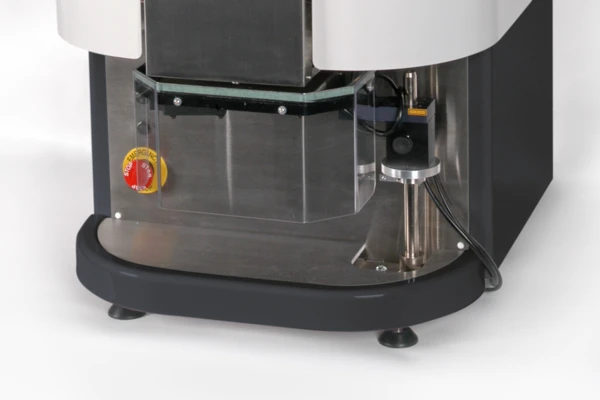
The future is now!
Bring our devices into your laboratory with the click of a button.
Simply scan the QR code and get a 3D model of the instrument directly on your mobile phone or tablet. With the help of the latest AR Technology (Artificial Reality), the 3D model can easily be placed in your laboratory in its original life size. This function is browser-based and requires no app.
Find out and be amazed!
Application Literature

